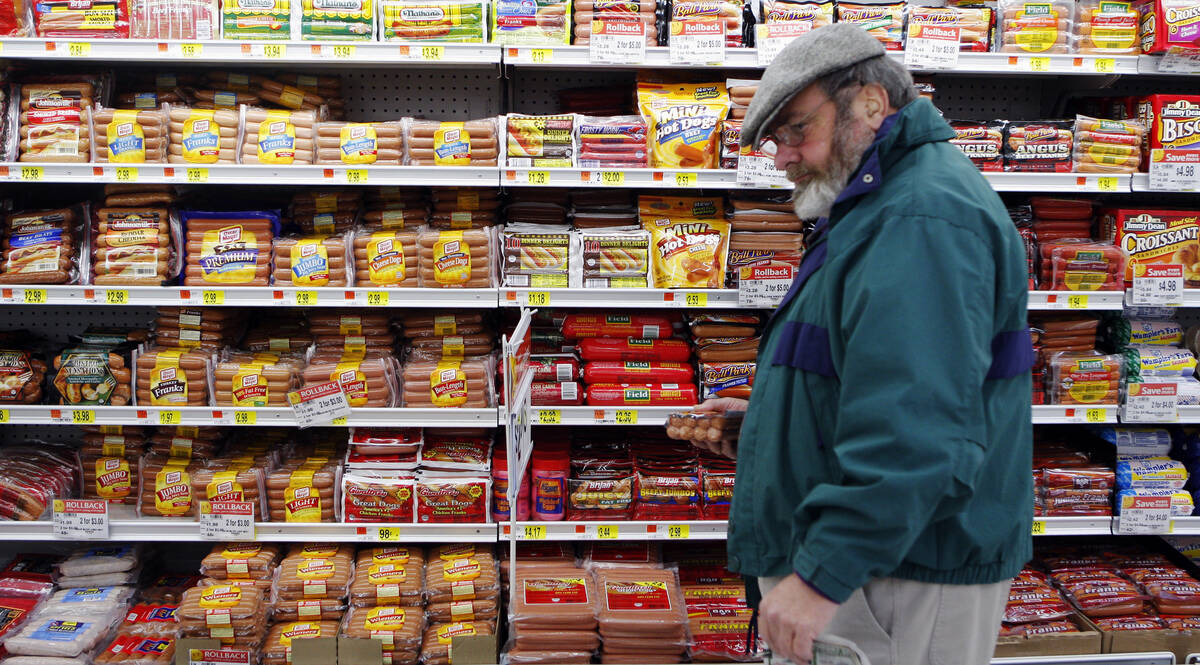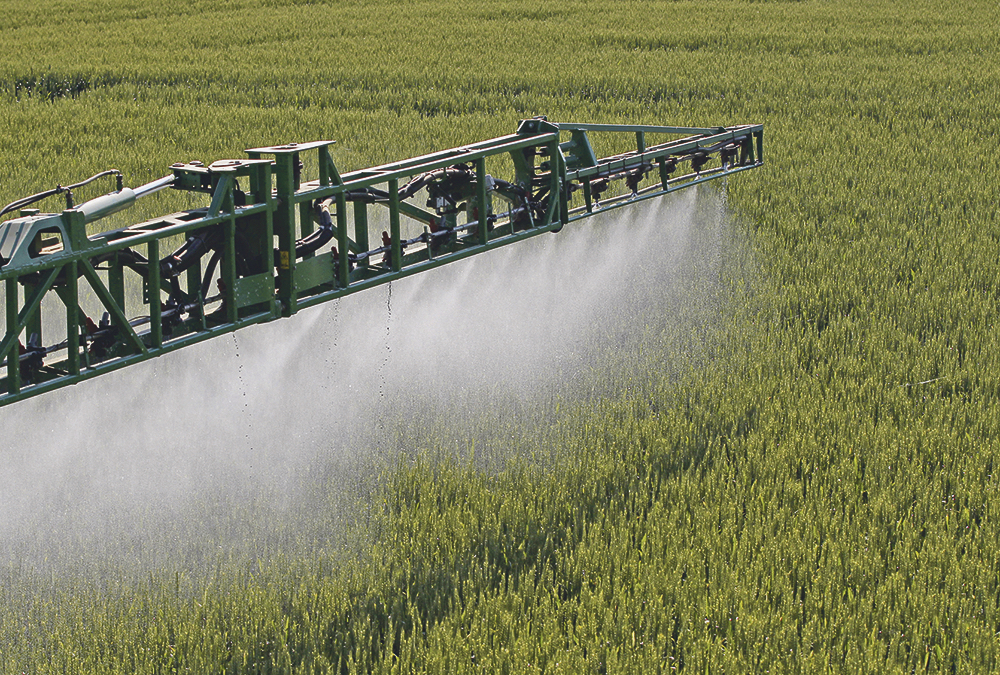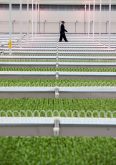Glacier FarmMedia – Europe’s attempts to impose its approach to agriculture on the world are a threat to other leading agricultural powers, says a leading American trade expert.
The “farm to fork” policy of the European Union could push restrictive EU regulations onto anybody hoping to export agricultural goods into the vast market.
“I’m frustrated that there’s this dictatorial approach that says, ‘this is the way, the truth and the life, and this is how you’re going to achieve the goals,’ and they don’t trust others who are already proving them wrong,” Ted McKinney, chief executive officer of the National Association of State Departments of Agriculture, recently told a North American Agricultural Journalists meeting.
Read Also

Canada seventh-most influential country on agri-food
Report from Dalhousie University and MNP shows Canada ranks seventh among G20 countries on agri-food influence.
Why it matters: The EU’s new “farm to fork” policy could mean that Canada and other countries exporting to Europe will have to provide products according to new, stricter rules.
Farm to fork is a recently adopted strategy that is “at the heart of the European Green Deal,” in the words of the European Commission. Its goals are to promote sustainable farming, including protection of the environment, production of high-quality food in sufficient quantities, and adequate farm incomes.
How it attempts to do that is causing consternation in countries that follow more liberal and technology friendly agricultural policies. The EU has long embraced the “precautionary principle,” which has effectively blocked the production and use of many innovative agricultural technologies, including genetic modification of seed. It has also led to some approved pesticides having their approvals revoked, and other products not being approved, despite widespread use and support around the world.
The fear for exporting nations is that the EU will force imports to have been produced following EU rules and regulations, effectively blocking the market to many countries with different policies.
“It’s getting pretty draconian,” said McKinney, a former U.S. chief agricultural trade negotiator, about the approach.
To him it represents evidence that the U.S. and Europe are heading in different directions. More than that, the EU is attempting to make its restrictive approach the template for the United Nations’ food policy, which could further complicate and narrow global markets, he said.
McKinney didn’t quibble with the policy’s goals, only its methods. He said U.S. farm production is striving for many of the same objectives, but is using different approaches.
Genetic modification and other innovations have allowed farmers to produce more while using less herbicide, and to employ practices like minimum tillage that protect the soil.
Rather than attempt to stop others from using cutting-edge methods to tackle sustainability challenges, the EU should accept that there are several ways to achieve the same ends.
“You can get there through technology, friends in Europe,” said McKinney.
“You don’t have to be punitive. The objectives we agree with. So stop being tactical (and) telling everybody how to do their business, and listen to people like (U.S. Agriculture Secretary Tom) Vilsack that says we all have different ways to get there.”
While he condemned the EU parliament for what he sees as a high-handed, intrusive policy, he said not all Europeans are happy about the EU’s actions.
Farmers and the agriculture industry in Europe generally don’t like the restrictions and lack of access to contemporary technologies, McKinney said.
The EU promoted its approach at the recent UN Food Systems Summit but faced resistance from nations that follow more liberalized production and trade practices.
– This article was originally published at The Western Producer.














